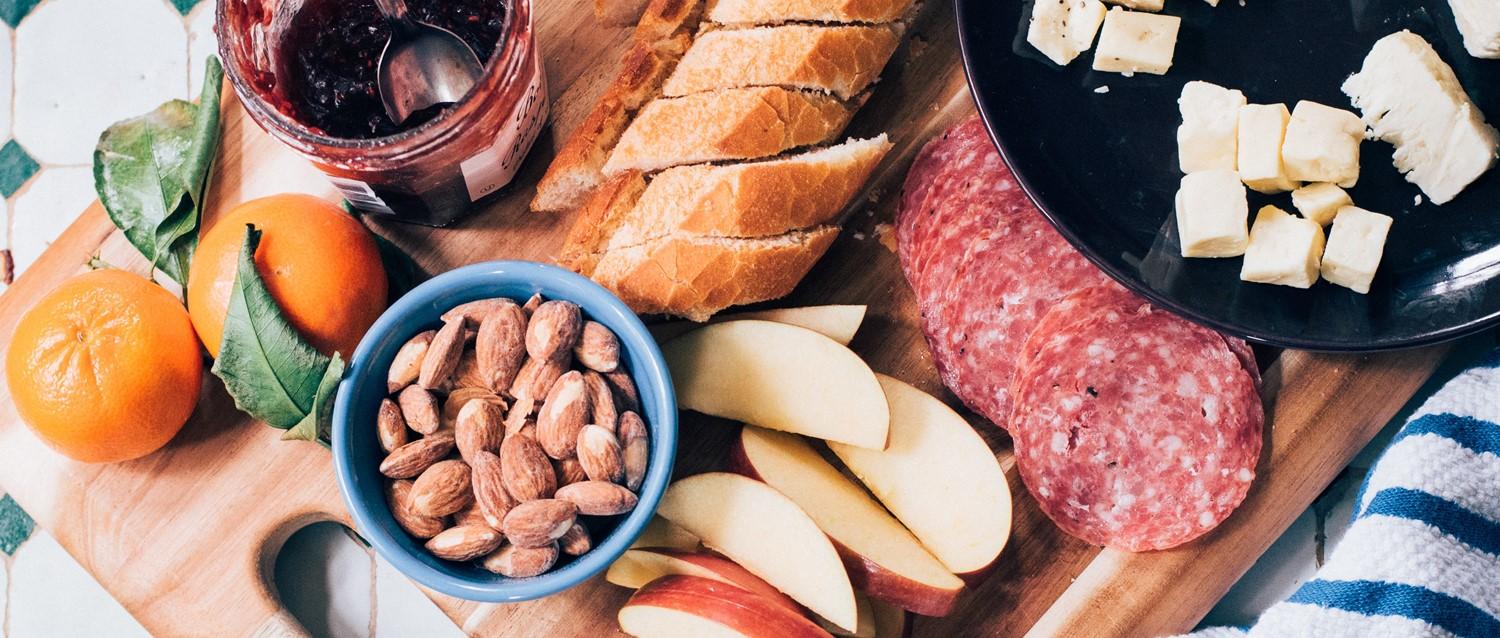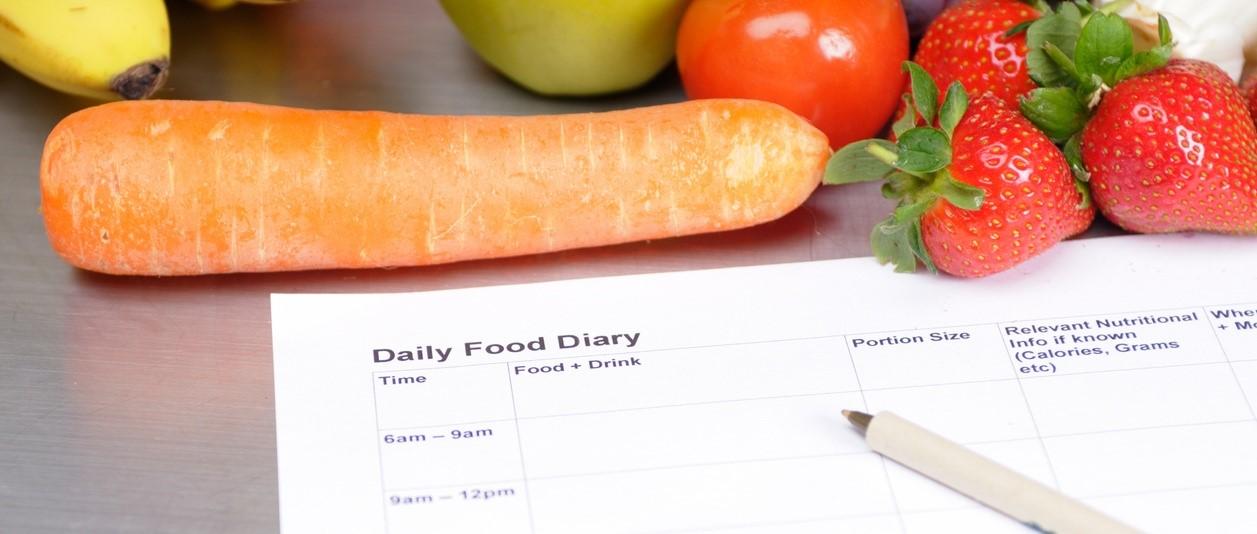
Which ultra-processed foods are safe - and which should we avoid?
Peer reviewed by Dr Krishna Vakharia, MRCGPAuthored by Lydia SmithOriginally published 16 Nov 2023
Meets Patient’s editorial guidelines
- DownloadDownload
- Share
- Language
- Discussion
Ultra-processed foods are associated with cancer, heart disease and type 2 diabetes. Yet while some foods do increase your risk of developing these diseases, new research shows that not all processed foods are as bad for you as we think.
In this article:
Ultra-processed food (UPF) is food that you cannot make at home because it contains a lot of ingredients that you tend not to find in your cupboards. These foods are often cheap, convenient and have a long shelf-life - and contain lots of additives, sugars and sweeteners.
But a major new study suggests that not all ultra-processed foods are bad for us. An analysis of the eating habits of more than 250,000 people in seven European countries found that regular consumption of certain foods, such as sausages and sugary drinks, increases the risk of developing diseases like cancer1. However, other ultra-processed foods - like certain tyes of bread - may be safe, and even potentially beneficial, because they contain fibre.
Ultra-processed foods are, on the whole, harmful to our health, according to the study. This means that someone who eats a lot of these foods is at higher risk of conditions such as heart disease that could lead to a potentially fatal condition, like a heart attack.
However, it gives a more detailed picture of which ultra-processed foods increase that risk - and which don’t.
Continue reading below
Which ultra-processed foods are safe to eat?
Wholemeal bread
The fibre content of wholemeal bread can make it a healthy processed food. Often, loaves contain added vitamins and minerals like folic acid, which is essential for a healthy pregnancy. However, not every loaf of bread is the same and some are better for us than others. Wholemeal or brown breads contain more fibre and the flour used is less processed than white alternatives.
Breakfast cereal
Cereal also contains fibre and has added minerals and vitamins, like vitamin D. Breakfast cereals can be an important source of nutrition - especially among those on a tighter financial budget.
Like bread, though, not all cereals are healthy. Look for cereals without added sugar or sweeteners. Usually, cereal packages have a ‘traffic-light’ system which tells you how high the sugar content is. If the cereal is in the ‘red’ category, avoid it.
Shredded Wheat is a good choice as it doesn’t contain any added sugar or salt, and is high in fibre. Microwave porridges can be a healthier option also, but not the flavoured versions. For all cereals, instead of sugar use fruit such as banana or blueberries to sweeten and use low fat milks.
Tinned vegetables and fish
Packaged foods, like tinned vegetables or tuna, have been processed but not in a way that is highly detrimental to health. Tinned vegetables can be a quick, convenient and cheap way to consume fibre and nutrients. Tuna - as well as other tinned fish - can be a good source of protein and B vitamins.
Ready meals
Ultra-processed ready meals can include chicken nuggets, pizzas and supermarket curries and pasta sauces - but they aren't all the same. The longer the ingredients list - and the more sugar and fat they contain - the more likely they are to be bad for you.
Some shop-bought ready meals are still processed but are healthier. For example, a lasagna that contains lots of whole ingredients and fewer additives. Organic versions may be less processed, but they are often more expensive.
There are also some healthier ready meals available through the post. Food from the likes of Field Doctor, Cook or Mindful Chef.
Ultimately, you'll need to check the ingredients on the packet to see if the food is ultra-processed.
Checking the label for UPFs
Reading a label on the packet and knowing which ingredients to look out for can be a tricky and often time consuming process. Some of the key things to look out for are added protein sources, such as casein and gluten - people with coeliac or a gluten allergy should be especially careful of gluten. Most added sugars are bad for you and they often appear under names such as glucose syrup, dextrose or fructose. Protein and sugars tend to be listed in the middle of the label.
Other additives to watch out for, include flavour enhancers, colouring, and thickeners - these are usually listed at the end of the label.
The free Open Food Facts app, gives a handy tool to understand the food labels and whether they are ultra processed.
Continue reading below
Not all ultra-processed foods are the same
Many foods are processed, including dairy-free milks like oat milk. However, this doesn’t mean they should be avoided as there are different levels of ultra-processed foods.
According to the researchers, the problem is that the term ‘ultra-processed’ is very broad. Generally, there are four main categories of processed foods:
Unprocessed or minimally processed foods
This includes fruit, vegetables, milk, fish, pulses, eggs, nuts and seeds that have no added ingredients and haven’t really been changed from their natural state.
Processed ingredients
This includes foods that are added to other foods rather than eaten by themselves, such as salt, sugar and oil.
Processed foods
These are foods that are made by combining foods from groups 1 and 2, which are altered in a way that home cooks could do themselves. They include foods such as jam, tinned fruit and vegetables, homemade breads and cheeses.
Ultra-processed foods
Ultra-processed foods usually have five or more ingredients. They tend to include many additives and ingredients that are not typically used in home cooking, such as preservatives, emulsifiers, artificial sweeteners and flavours.
What to avoid
Drinks that contain artificial sweeteners or sugar, animal-based products like sausages, and condiments like barbecue sauce should be eaten in moderation.
Consider your overall diet
It’s also about considering your diet as a whole. It’s important to focus on fresh, natural foods like fruit, vegetables, pulses and wholegrains - and microwave sachets of plain wholegrain rice are a quick and easy option. Also, limit the amount of sugary sweets and takeaways you eat.
Further reading
Patient picks for Healthy eating

Diet and nutrition
Why keep a food diary?
More people are putting pen to paper to record their thoughts, emotions, and behaviours. If you're concerned about your eating habits, or feel they could be linked to physical symptoms or mood changes, a food diary can map what you eat against how you feel, so you can identify patterns that are damaging to your health and wellbeing.
by Amberley Davis

Diet and nutrition
Patient's Christmas Cook Off
At Christmas, the food is perhaps more important than the presents. It's an indulgent time, one for turkey with all the trimmings, sprouts laced with cream and bacon, and potatoes roasted in duck fat. Here at Patient, we don't necessarily think you should feel guilty for ditching the diet at this time of year. But there are ways of cooking the Christmas lunch that can make it more nutritious. So we challenged three professional chefs from the Healthy Eating Company to cook healthy versions of roast potatoes, mince pies and stuffing, without sacrificing on taste. Nutritionist Rose Constantine Smith was on hand to help us judge the health content of the chefs' offerings.
by Natalie Healey
Continue reading below
Article history
The information on this page is peer reviewed by qualified clinicians.
16 Nov 2023 | Originally published
Authored by:
Lydia SmithPeer reviewed by
Dr Krishna Vakharia, MRCGP

Ask, share, connect.
Browse discussions, ask questions, and share experiences across hundreds of health topics.

Feeling unwell?
Assess your symptoms online for free
Sign up to the Patient newsletter
Your weekly dose of clear, trustworthy health advice - written to help you feel informed, confident and in control.
By subscribing you accept our Privacy Policy. You can unsubscribe at any time. We never sell your data.